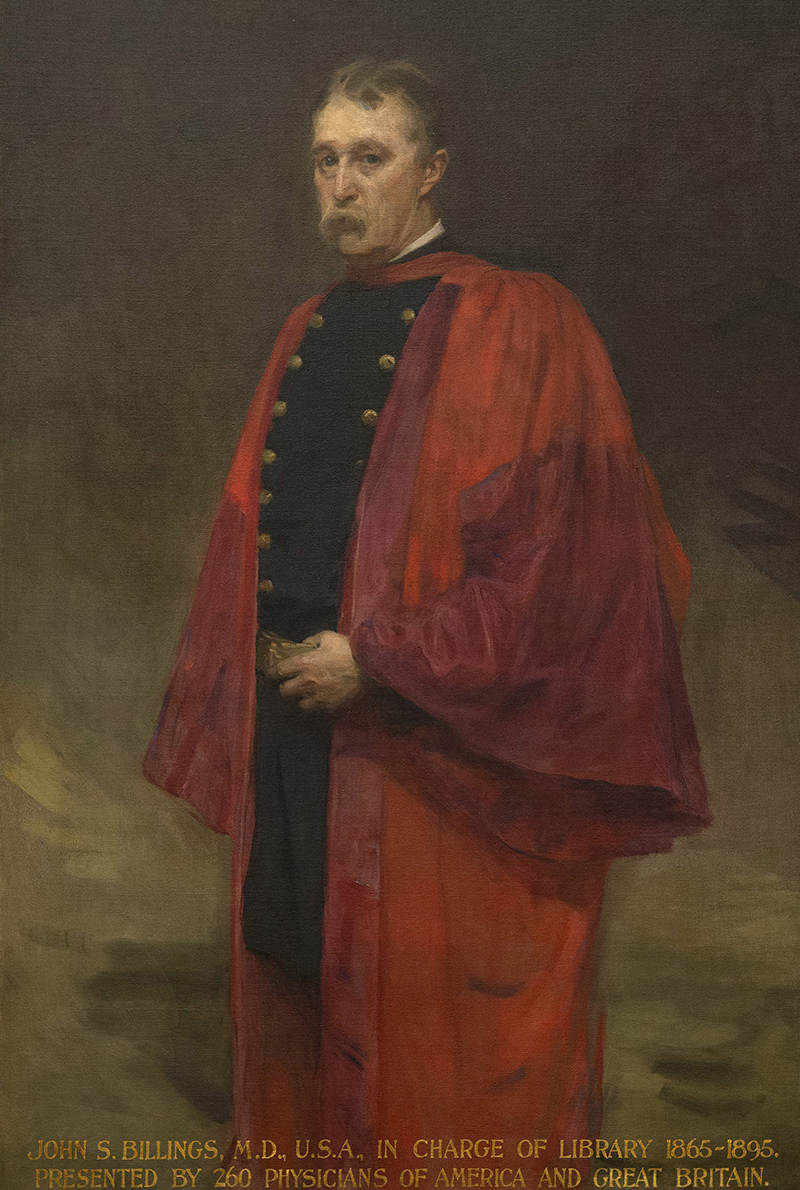Purpose
Founded in 1966, the purpose of the John Shaw Billings History of Medicine Society is to promote, stimulate, and encourage research, study, interest, and writing in the history of medicine, including allied arts, sciences, and professions; to lend its support to and to cooperate with local, national or international organizations having similar purposes; to organize and arrange meetings, forums, discussions, and lectures; to present awards and issue publications; and for any other relevant non-profit activities as may be provided for in its Constitution.
Activities
For over 50 years the John Shaw Billings History of Medicine Society has worked to support the history of medicine generally and more specifically the education of medical students and those in allied healthcare fields about the history of their profession by regularly sponsoring talks on the history of medicine by local and visiting scholars. Among other projects that society members have led is the establishment of the Indiana Medical History Museum, the development of elective courses for medical students on the history of medicine, and the writing of a book-length history of the Indiana University School of Medicine published by Indiana University Press (March 2021). In 2011, the society helped to establish a History of Medicine Student Interest Group at the IU School of Medicine and continues to work closely with its members.
Donations
If you are interested in making a tax-deductible donation to the John Shaw Billings Society for the History of Medicine Fund to help support the study and teaching of the history of medicine at Indiana University School of Medicine, you can do so through the Indiana University Foundation: https://give.myiu.org/iu-indianapolis/I320015509.html


